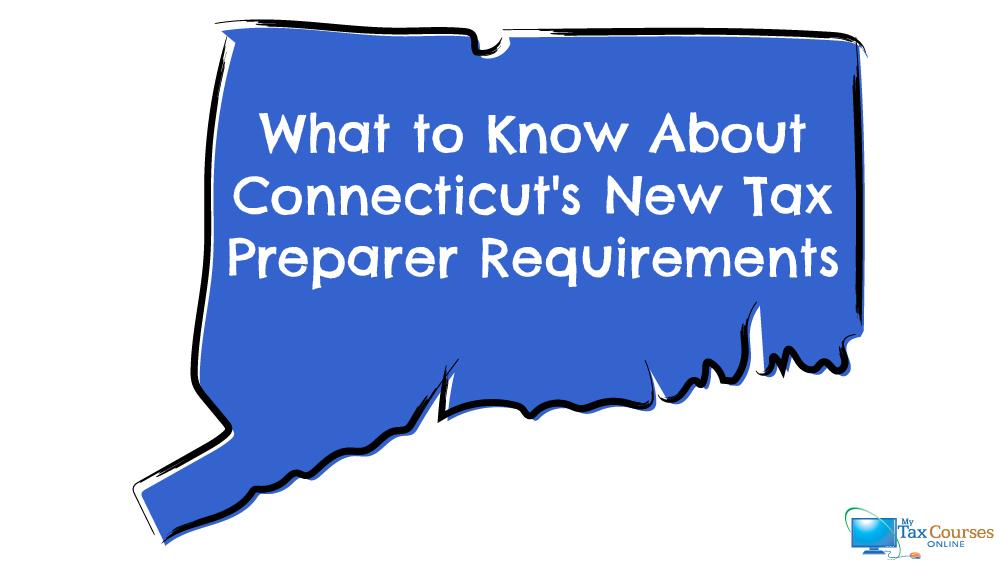In 2018, Connecticut passed a law to regulate who can provide tax preparation services, making it one of only a handful of states to do so. In support of this comprehensive legislation, the Connecticut Commissioner of Revenue Services described the current setup as "pretty much the wild, wild west," leaving taxpayers without much of a way to assess their preparers' qualifications and make an informed choice.
Having objective standards that can help taxpayers see which preparers are up-to-speed on current rules and regulations can benefit tax preparers too. Learn more about what this law has changed for Connecticut tax preparers, as well as the steps you can take to ensure you're compliant with these changes for the upcoming tax filing season.
What Connecticut's New Tax Law Changes
Anyone who, for a fee, assists another person in preparing their personal or business income taxes must be either a licensed tax professional (like a CPA, attorney, or Enrolled Agent) or a tax preparer who has obtained their Preparer Tax Identification Number (PTIN).
Since October 1, 2017, all Connecticut tax preparers have been subject to 13 standards of conduct. Breaching one of these standards can subject the tax preparer to a $500 fine for each violation, and standards range from collecting fees for issuing a refund anticipation loan to misrepresenting the preparer's experience or education when applying for a tax preparer permit from the Connecticut Department of Revenue Services (DRS).
Since October 1, 2018, Connecticut tax preparers must provide their clients with disclosures that include an estimated charge for their tax preparation services and a promise to maintain client confidentiality by properly safeguarding their electronically-stored personal and tax information. As with the other standards of conduct, violating one of these disclosures can subject a tax preparer to civil liability for each violation.
And in 2019, tax preparers who work on more than 10 state or federal income tax returns for Connecticut clients will require a permit from the DRS. These permits may be issued to individuals who have a PTIN, a record of completion of the annual filing season program (AFSP), and who can demonstrate certain tax experience, education, or continuing education. Permits cost $100 and are good for two years.
After January 1, 2019, providing tax preparation services without a permit in Connecticut can subject the tax preparer to a $100-per-day civil penalty, making the $100 permitting application a no-brainer.
How Can Tax Preparers Adapt to These Changes?
These legislative changes and regulations make getting your required annual continuing education more important than ever. With the sweeping changes enacted through the Tax Cuts and Jobs Act, tax preparers who haven't adequately updated themselves on these changes could be risking civil liability if a client's refund is less than expected or if an audit reveals other discrepancies.
And when the AFSP requirement goes into effect, all Connecticut tax preparers will be subject to certain minimum continuing education hours. By getting into the habit of completing this continuing education before it's required, you'll be more informed on new tax topics than many of your peers and will have no problem adjusting to these requirements when they become active.




